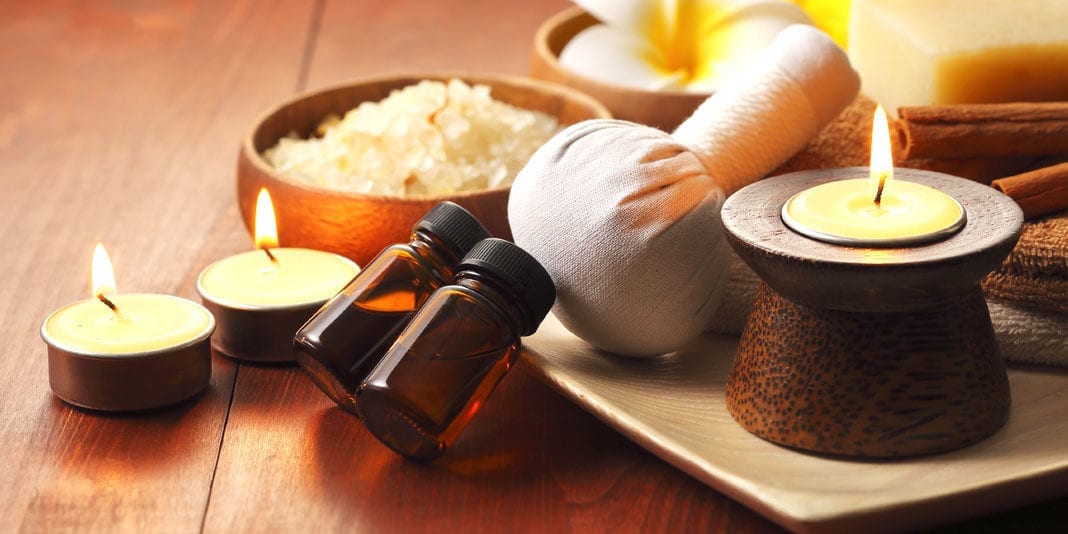When it gets dark by 5 p.m, it can be hard to feel motivated. The days are shorter, the weather is colder, and the sun barely makes an appearance. During dreary winter months, it can be challenging to get motivated to get up out of bed, let alone be productive with our lives.
Seasonal Affective Depression, or “winter blues,” as it’s commonly called in society, affects millions of people. Shorter days with sunlight and longer days of cold darkness don’t necessarily equal a good mood. And although it is tempting to stay in the comforting warmth of your blankets in the winter, doing so is not the right way to go about treating seasonal depression. There are varying degrees of seasonal depression, and some people may require the help of a doctor or therapist, but here are a few ways you can treat winter blues on your own:
Light Therapy
Many people have found significant success with light therapy in curing seasonal depression. The light treatment gives off a light that is similar to sunlight. It is much brighter than a regular light bulb and comes in different wavelengths. Using light therapy has been found to boost moods in the winter and overall benefit those who suffer from a lack of sunlight. And don’t stop at just the daylight, use appropriate lighting to set the tone for night and for sleep. Reduce any flicker and blue waves in the bedroom by replacing your current bulbs with something like the Bedtime Bulb, which promotes a more soothing sleep.
Aromatherapy
Aromatherapy is beneficial in curing stress and anxiety, and it definitely can help with seasonal depression. Tea tree oil, lavender oil, and lemon oil have been found to stimulate the immune system, have a calming effect, and can be mood-boosting. Add a few drops of one of these essential oils to a diffuser and track any improvements you see.
Exercise
With seasonal depression, getting yourself up out of bed can be difficult, let alone getting yourself to exercise. However, moving your body and exercising have been found to ease your mind of stress, boost your mood, and motivate you to be productive for the rest of the day. It might be challenging to get yourself to the gym, but once you’re there and feeling the effects of exercising, you’ll want to make it a routine.
Eat Healthily
Another negative part about being trapped indoors when it gets cold out is wanting to eat only junk food because it’s easy and makes you feel good- at the moment. But eating junk food can actually be worse for people with seasonal depression. Fueling your body with healthy and nutritious foods means your going to be full of energy, which can often lack in the winter.
Increase Vitamin D
Often , seasonal depression is linked to a lack of Vitamin D. Sunshine seriously lacks in the winter, but that doesn’t mean there aren’t other ways to get Vitamin D in your life. Consider taking Vitamin D supplements to increase your intake- or you can plan a vacation to somewhere sunny for a more natural form.
Stress Less
Stress is a direct correlation to anxiety, and anxiety can play a part in seasonal depression. Doing things like meditating, taking breaks, and doing things you love will lessen your stress and therefore decrease your seasonal depression. Let yourself off a little easier in the winter and leave time for self-care.
Get Outside
Chase the sunlight. Go for a walk at least once a day when the sun is shining and let your body absorb the natural sunlight. Not only is natural sunlight good for seasonal depression, being outside can help you relax and put your mind at ease when life gets overwhelming.
Talk To Someone
You might try all of these things and still find that your seasonal depression is still hitting in full force. If you find that to be your case, it’s essential to talk to someone. Your seasonal depression might need more help than taking these simple measures, and you might have to consider antidepressants or therapy. There are varying degrees of seasonal depression, so it’s crucial to take the proper steps to treat yours.




































